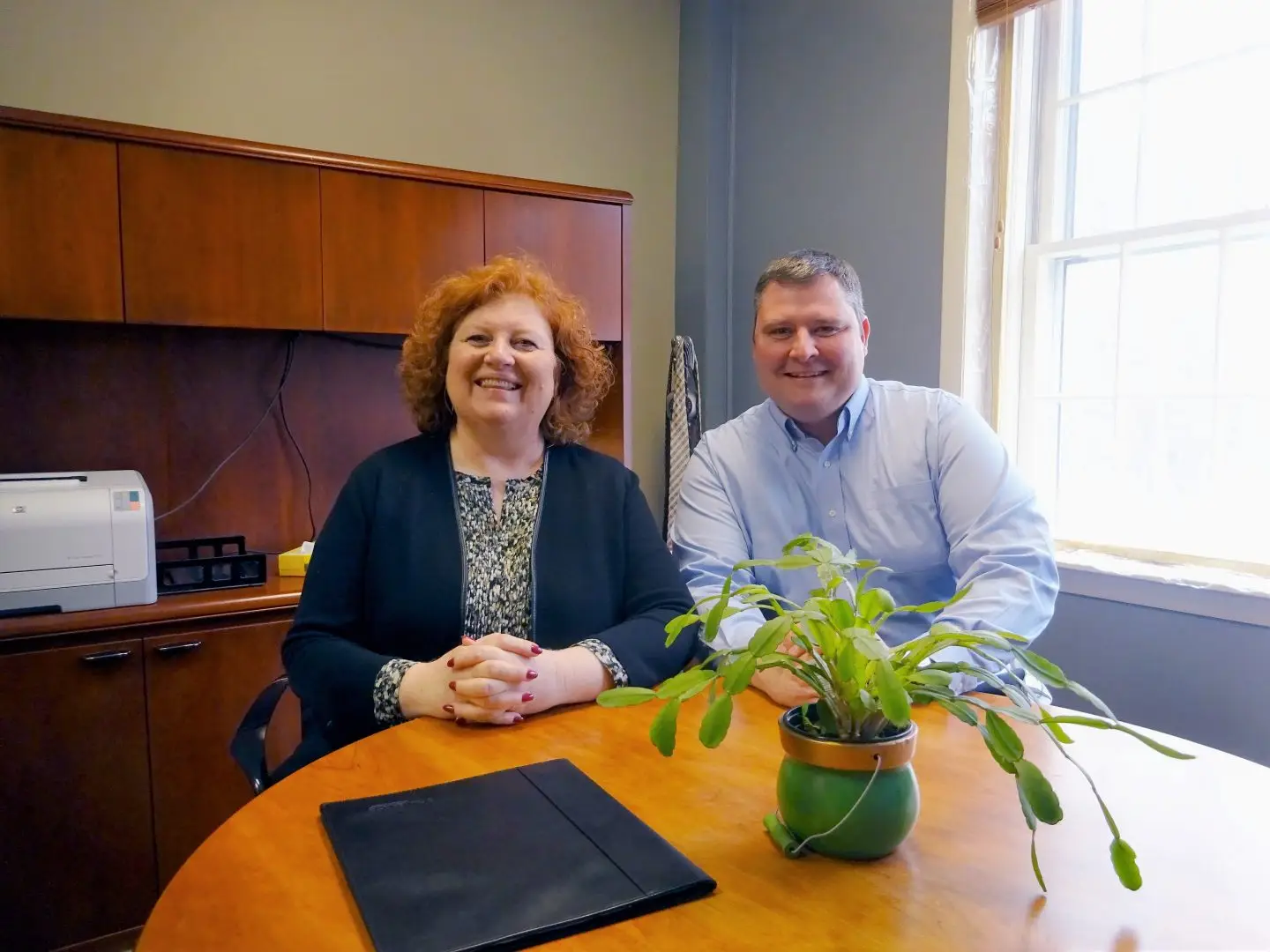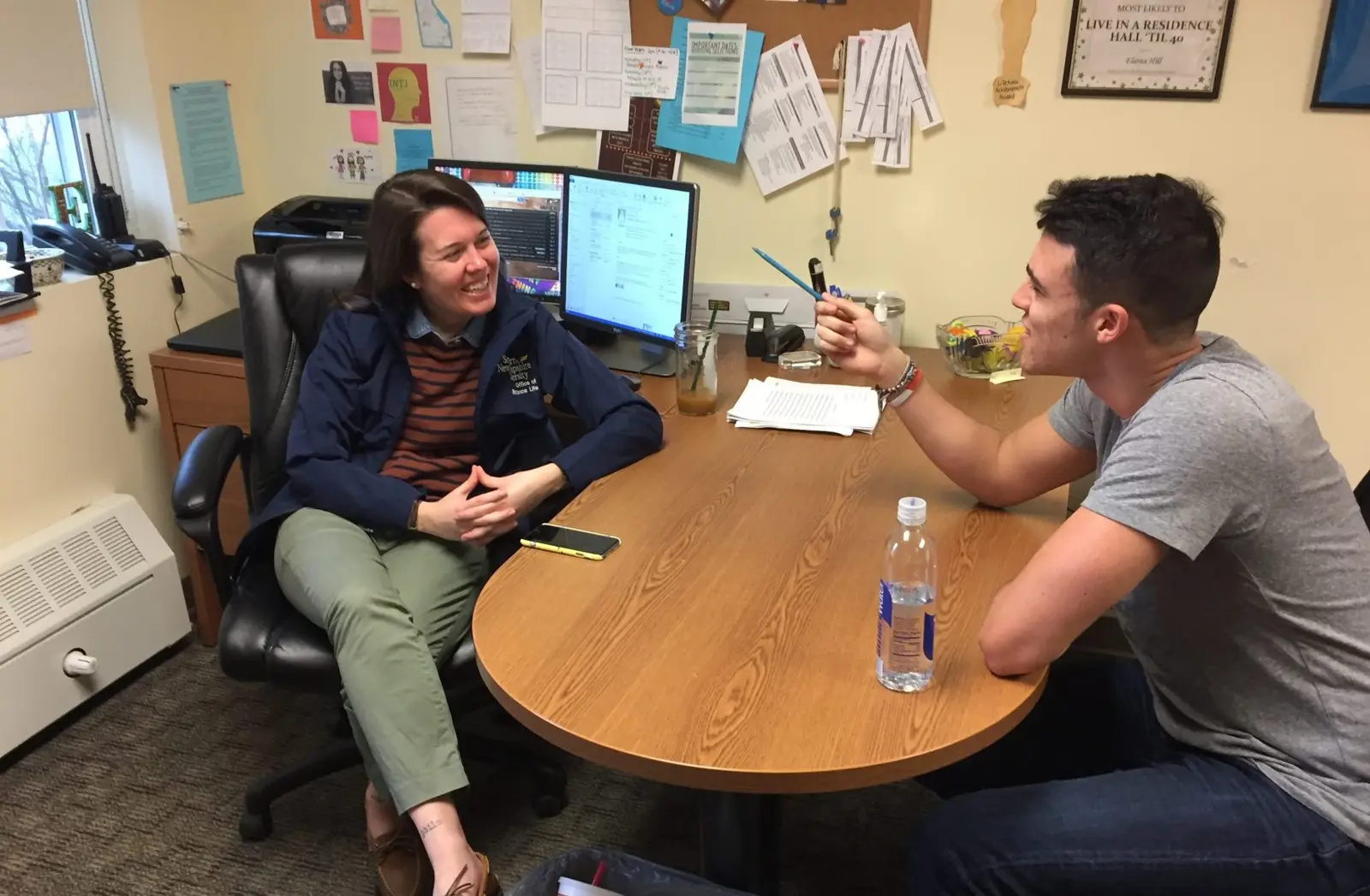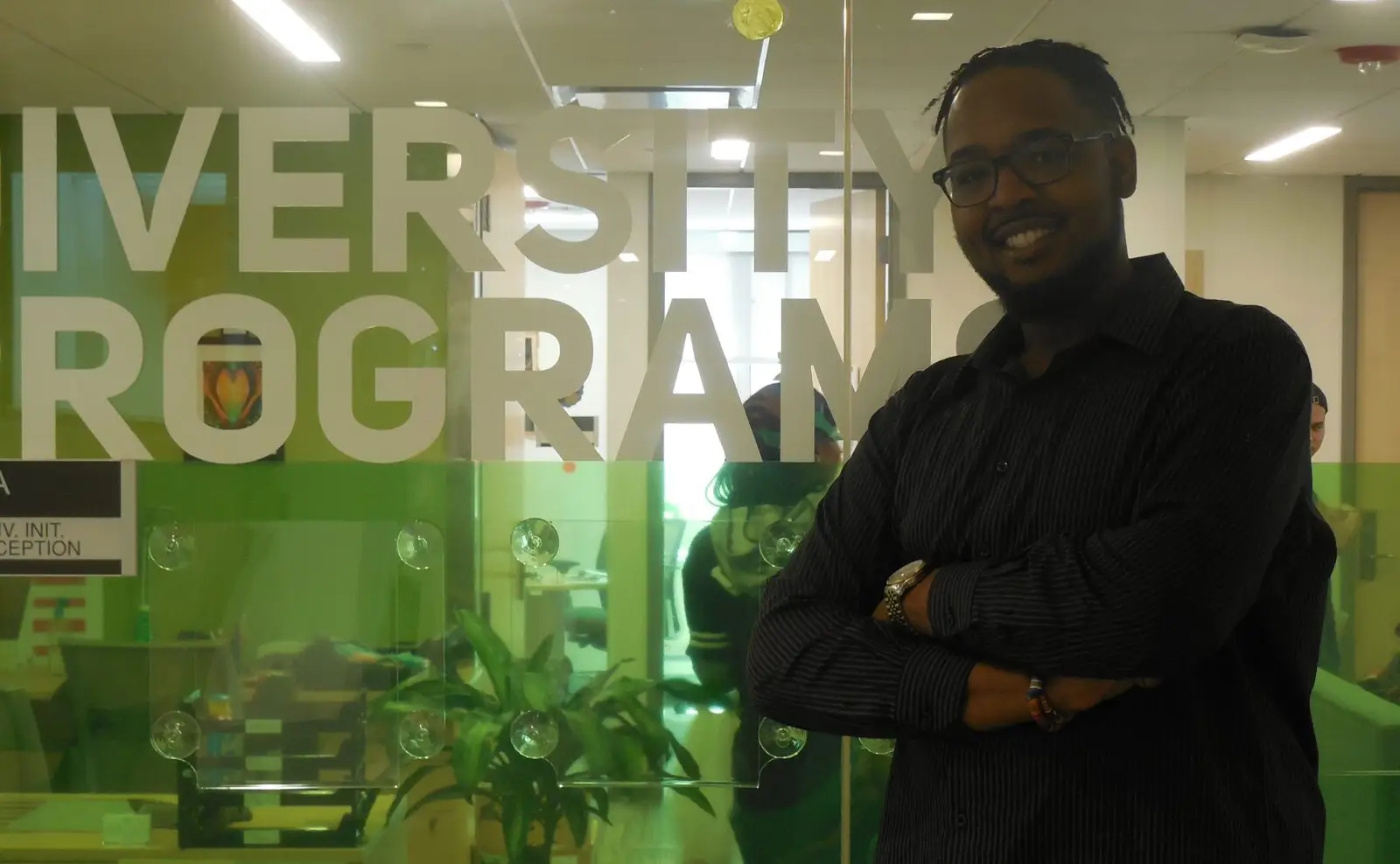A growing issue of basic needs insecurity among college students can often affect student success. On October 9, President Lisa Marsh Ryerson and Senator Maggie Hassan addressed these issues. The event featured a panel of students who shared their personal experiences navigating these challenges.
Ryerson opened the discussion by highlighting the critical role of federal policymakers in expanding support for students.
“Federal policymakers have a critical role to play in expanding basic needs and support funding for our learners, ensuring that anyone on any college campus can access and succeed in higher education,” stated Ryerson.

Ryerson emphasized the need for federal policy solutions. She wants these solutions to be permanent and to break down these barriers for students to succeed.
“We advocate for federal policy solutions such as ensuring eligible workers can seamlessly and easily access basic needs programs such as transportation supports, childcare, and other emergency funding programs.”
Senator Hassan echoed Ryerson’s sentiments, emphasizing the importance of open dialogue and shared experiences.
“The best way we can address our challenges is for people to talk about their real-life experiences, and talk to each other, human to human, person to person, in every community around our state and our country,” she said.
Senator Hassan also highlighted her bipartisan legislation.
“In Congress, I’ve introduced bipartisan legislation. It’s called the Gateway to Careers Act, that would, among other measures, help provide financial support, as well as critical services,” she mentions. “The legislation would help students navigate the complex challenges that can become barriers, including helping students finance meals, find and afford childcare and transportation, and access mental health care and career counseling.”
Hassan expressed optimism about the growing bipartisan interest in the bill and her commitment to seeing it passed into law.
“Better is always possible,” she said.
She emphasized the importance of student, staff, and faculty input in developing effective solutions to address the basic needs insecurity.
Student panelist Silvonna Silvestre (’26) shared her own experiences with basic needs insecurity and the importance of support systems.

“Because of the supporters and mentors I’ve had on campus, I am still at SNHU now,” she says. “It can get hard once you start to struggle and you don’t know what to do in that situation but having that support system can really help.”
The New Hampshire Board of Higher Education is working on getting rid of the stigma of asking for help. Everyone is deserving and should not have the feeling that they don’t belong in college. The board is also working on getting students a single point of contact for resources, this way it doesn’t take as much time to get the help a student may need.
The event served as a platform for raising awareness about the challenges faced by college students and advocating for policies that can help address these issues.
More information can be found here: https://www.chepp.org/news/in-the-news/basic-needs-funding-can-boost-student-persistence-report-suggests/




